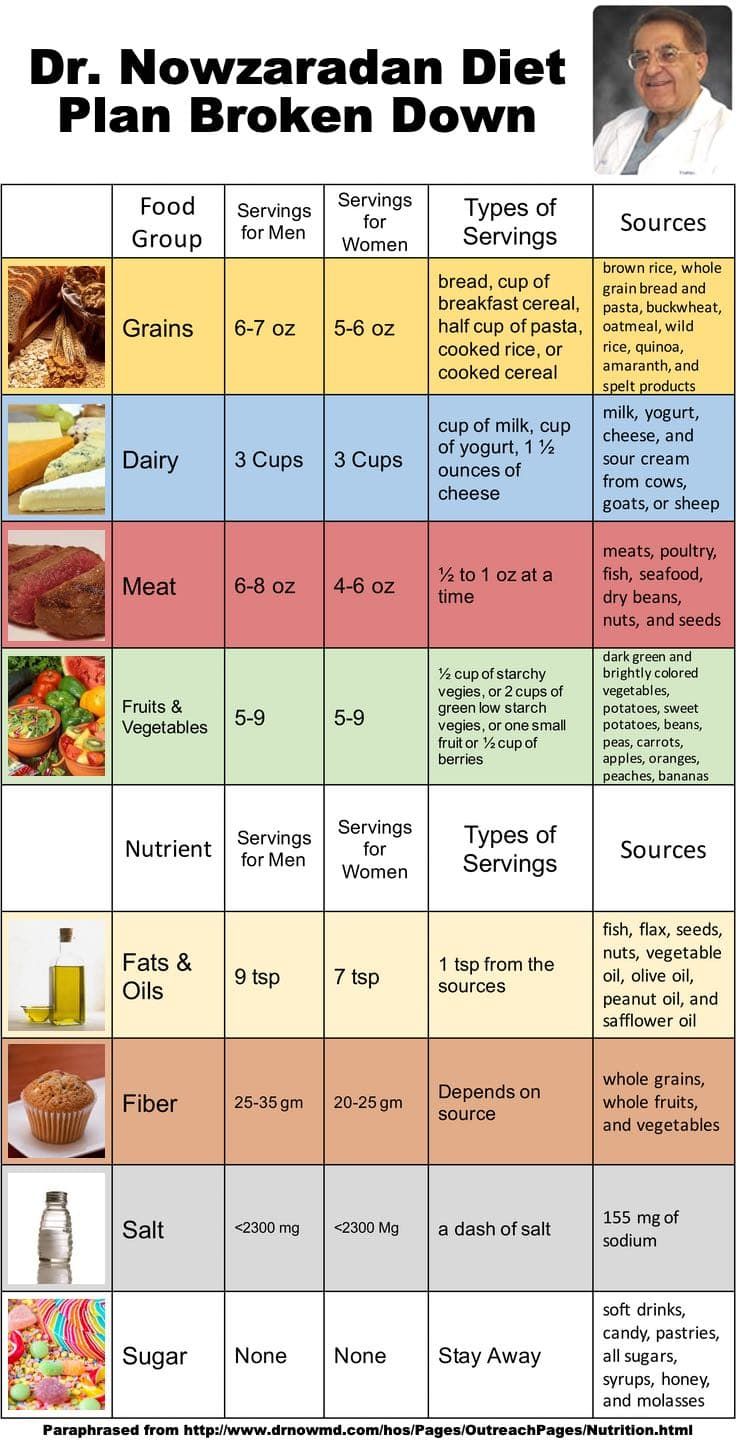Apply Now
Smart Ways to Enjoy Fish in 2025: A Vegetarian Approach
Understanding the Pescatarian Lifestyle
The pescatarian lifestyle has gained popularity among those seeking a bridge between vegetarianism and the inclusion of seafood in their diets. Defined as a diet that includes fish but excludes other meats, pescatarians embrace fish as a primary protein source while maintaining a foundation of plant-based foods. This approach allows for a diverse range of nutrients, particularly omega-3 fatty acids, which are crucial for heart health and cognitive function. Understanding the pescatarian definition is essential for those exploring dietary habits and fish consumption trends in 2025.
Moreover, many pescatarians appreciate the balance it provides between ethical eating and nutritional needs—a choice that can also alleviate some common ethical concerns associated with vegetarianism. With a wide variety of fish available, such as sardines and salmon, integrating seafood into vegetarian cooking becomes an opportunity for creativity rather than a challenge.
Benefits of Fish for Vegetarians
Fish serves numerous health benefits that can enhance a vegetarian diet. Rich in protein, vitamins, and minerals, fish consumption provides essential nutrients that might be deficient in strict vegetarian diets. The nutritional value of fish can play a crucial role, particularly in supplying omega-3 fatty acids, which are often lacking in plant-based diets.
Including fish as a vegetarian option not only delivers vital nutrients but also supports cognitive health and heart health. Health experts consistently highlight fish's positive health effects, particularly regarding reduced inflammation and improved brain function. By embracing fish, vegetarians can balance their protein sources and leverage the health advantages associated with this dietary choice.
Addressing Ethical Concerns in Vegetarianism
While the inclusion of fish in a vegetarian diet raises some ethical questions, particularly regarding animal welfare and environmental sustainability, many pescatarians strive to select sustainable fish sources. Understanding the difference between ethical fishing practices and those that harm marine ecosystems is crucial for making informed choices.
Furthermore, awareness of certified sustainable fishing practices encourages vegetarians who consume fish to support responsible seafood sourcing. This dedication not only aligns with their personal beliefs but also contributes to broader environmental sustainability efforts. In 2025, an emphasis on eco-friendly diets continues to grow, leading to increased awareness and action against overfishing and harmful fishing practices.
Integrating Fish into Vegetarian Meals
Planning Meals with Fish as a Vegetarian
Incorporating fish into a vegetarian meal plan requires thoughtful strategies, balancing fish choices with plant-based foods. Start by selecting a variety of fish that fits within seasonal dietary recommendations, such as trout in the spring or salmon in the summer. Diverse fish species also enable vegetarians to explore different flavors and textures in their meals.
Fish-friendly vegetarian recipes can include baked salmon with a side of quinoa and steamed vegetables or spicy tuna sushi rolls paired with avocado and sundried tomatoes. When planning meals, consider preparing a week’s worth of different fish dishes, allowing for experimentation with spices and marinades to enhance flavors.
Culinary Techniques for Fish Preparation
Cooking techniques can greatly impact the taste and healthiness of fish dishes. Techniques such as grilling, baking, and steaming help retain fish's nutritional benefits while reducing the need for unhealthy fats. By mastering culinary styles for pescatarians, individuals can create healthy and delicious dishes that fit their dietary preferences.
For instance, utilizing spices is a great way to elevate fish meals. Herbs like dill and parsley complement white fish, while strong flavors, such as chili powder or smoked paprika, work wonderfully with oily fish varieties. These culinary techniques not only enhance the flavors but also encourage the integration of fish into a predominantly plant-based diet.
Common Misconceptions About Vegetarianism and Fish
Many misconceptions surround the notion of vegetarianism and fish consumption, often leading to confusion about what defines vegetarian diets. It is essential to clarify these points to understand the diversity within vegetarian lifestyles. A common misconception is that vegetarianism is synonymous with a complete absence of animal products, when in fact, many individuals adhere to varying dietary choices, including the consumption of fish.
Identifying these misconceptions can aid in conversations surrounding dietary preferences, enabling individuals to advocate for their dietary choices effectively. This understanding fosters a more inclusive discussion around food choices in vegetarian diets.
Exploring Fish Alternatives for Vegetarians
Plant-Based Sources of Omega-3s
For those who choose to avoid fish but wish to gain the benefits of omega-3 fatty acids, exploring plant-based alternatives is vital. Flaxseeds, chia seeds, and walnuts provide excellent sources of ALA, a type of omega-3 fatty acid. However, it's crucial to recognize that ALA needs to be converted into EPA and DHA, forms of omega-3 found in fish, which the body utilizes more effectively.
In 2025, dietary trends suggest an increased interest in these plant-based omega-3 sources, encouraging vegetarians to incorporate them into their meals by adding them to smoothies, oatmeal, or baked goods. Recognizing the importance of balancing protein sources with nutritional needs underlines the significance of discussing vegetarian nutrition sources.
Exploring Cultural Perspectives on Fish in Vegetarianism
Global culinary traditions often reflect varying perspectives on the inclusion of fish in vegetarian diets. In some cultures, such as Mediterranean cuisine, fish is a staple that complements a primarily plant-based diet. These cultural attitudes toward fish can influence how individuals perceive vegetarianism and dietary choices.
This exploration highlights the diverse interpretations of vegetarianism around the world, showcasing how personal beliefs and cultural practices coalesce to shape one’s approach to food. Understanding these cultural perspectives provides insight into the social aspects of food and can inspire a more open-minded attitude towards dietary choices.
Health Implications of Fish Consumption
Long-Term Effects of Fish Consumption for Vegetarians
Research continues to showcase the long-term health effects of including fish in a diet. Studies indicate that individuals who consume fish regularly may have better heart health, lower cholesterol levels, and improved brain function. The benefits of fish extend beyond individual health, potentially influencing community health outcomes through dietary habits and fish consumption trends.
However, it is essential to address the potential risks associated with fish consumption, including the presence of mercury and other pollutants in certain species. Maintaining awareness of health implications ensures vegetarians make informed dietary decisions.
Challenges for Vegetarians Eating Fish
Although the inclusion of fish may present health benefits, it also poses challenges for those identifying as strict vegetarians. These challenges can stem from societal perceptions, personal beliefs, and dietary restrictions. Many individuals struggle with navigating social situations and dining options that favor traditional vegetarian fare without fish.
Overcoming these challenges requires communication about personal dietary choices and the reasoning behind them. Understanding that dietary choices can adapt while still aligning with personal beliefs is a crucial aspect of navigating the vegetarian landscape in 2025.
Legal Definitions of Vegetarian
As the conversations around vegetarianism evolve, so do the legal definitions that establish what constitutes a vegetarian diet. Regulations and guidelines can vary by region, with some areas having specific classifications that dictate whether individuals who eat fish can claim vegetarian status. Navigating these legal definitions requires a deeper understanding of how dietary cultures evolve and the implications of dietary choices on identity.
These distinctions are essential, especially for labeling and food science discussions, as they provide context around personal beliefs and vegetarianism. In comprehending these definitions, individuals can better articulate their dietary preferences and the philosophy behind their food choices.
Frequently Asked Questions
Can Vegetarians Eat Fish? What Are the Health Benefits?
While traditional vegetarians abstain from all animal products, pescatarians consume fish as their primary source of meat, allowing them to reap the health benefits associated with fish, particularly omega-3 fatty acids and high-quality protein.
What Are the Common Fish Consumed by Vegetarians?
Common fish options for pescatarians include salmon, tuna, trout, and sardines. Each provides essential nutrients and can fit within various vegetarian-friendly fish recipes.
How Do Ethical Practices Impact Fish Consumption in Vegetarianism?
The ethical considerations surrounding seafood are critical for pescatarians. Supporting certified sustainable fishing practices can ensure that fish consumption aligns with broader ethical beliefs regarding animal welfare and environmental impact.




